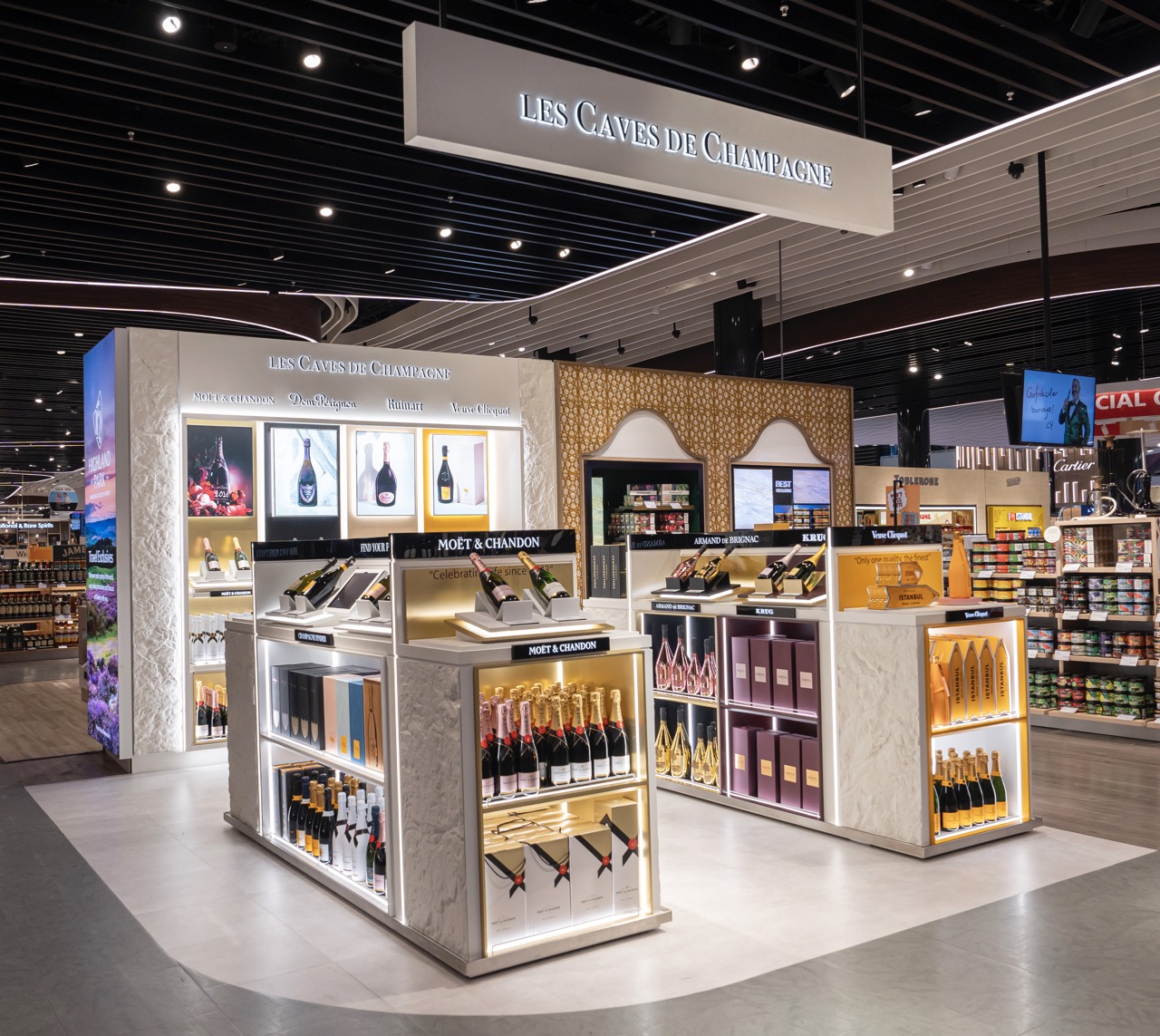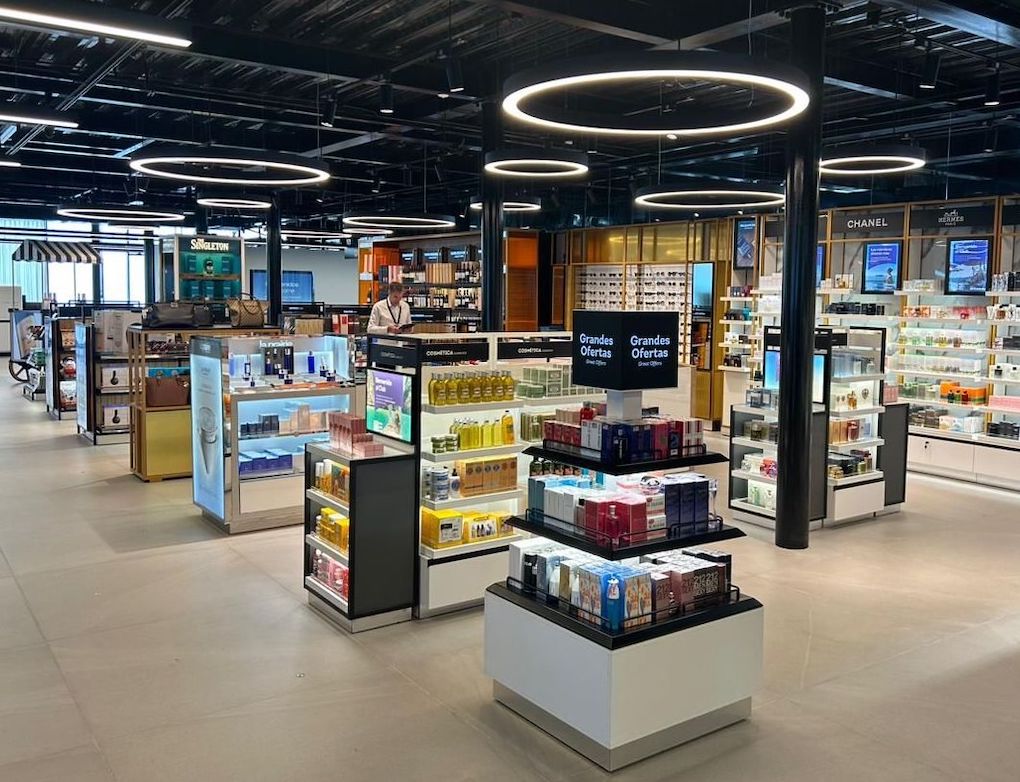US. New retailer-supplier partnerships focused on the consumer and joint cost reduction are the only way forward in travel retail, writes Phil Smiley, vice president Glendinning Management Consultants USA and leader of the company’s Travel Retail Practice.
The challenges facing travel retail are well documented throughout the industry. The question facing retailers and suppliers is what we do about them. There will never be a better time to re-examine retailer-supplier relationships and the way we do business together.
For too long, traditional buyer-seller relationships have been the norm in travel retail. Understanding of the consumer lags other industries and dialogue between partners rarely covers the needs and wants of the consumer or the opportunities to create value by working smarter together.
Too often, suppliers compete for brand space with little concern for how a consumer behaves in-store or for growing categories, while retailers focus on buying what generates the most income versus. offering the consumer an irresistible proposition. And what about promotions? Too often, promotional strategies are supplier driven – “it’s March so we are promoting supplier X” and in April it’s supplier Y’s turn”.
There is little focus on the consumer and the net result is switching volume from supplier to supplier, which does little to grow categories and adds complexity to the supply chain.
In the long run, neither approach deals with the industry fundamentals of driving more passengers from the lounges into the stores, converting more browsers into buyers and increasing the average purchase value while releasing value through reduction in industry costs.
For too long, perceived wisdom has been the currency in travel retail and operates as a barrier to finding new ways to attract and sell to the consumer. How many travel retail suppliers have conducted research with shoppers in the airport? And how many retailers have invited suppliers to participate in their studies and share insights?
Information sharing is a major opportunity area for the industry. Travel retailers sit on an un-tapped gold mine of consumer insight. Other industries have spent millions to gather the kind of data that many travel retailers routinely collect as part of day to day business. Yet travel retail lags other industries in the analysis, sharing and application of this rich seam of consumer insight. Tesco, one of the world’s most successful retailers, has invested millions in building a Clubcard database because they recognise the value that can be created from understanding the consumer.
The traditional view that information is power and keeping partners in the dark will keep them on their toes and keep them guessing still pervades in travel retail. Other industries have learnt the value of managed information sharing. Take Wal-Mart, the world’s most successful retailer by any measure. Wal-Mart Retail Link System gives suppliers online 24-hour access to sales and stock item level data by store.
As Sam Walton states in his Rules For Building a Business: “Communicate everything you possibly can to your partners. The more they know the more they’ll understand, the more they’ll care. Once they care, there’s no stopping them”
The responsibility for more enlightened approaches to information sharing sits on both sides. How many suppliers share their understanding of the market, categories, and consumers with retail partners in an open and constructive manner? Furthermore, many travel retail suppliers operate within large groups with significant domestic businesses and resources. Domestic businesses tend to spend big on understanding the consumer and external environment – yet how much of this insight is used to positive effect in travel retail?
Many travellers are up-scale consumers – often the early adopters and opinion formers in their markets – the kind of consumers that can build brands. Airports provide a unique opportunity to reach valuable consumers in a unique mindset, in a unique environment. How often do the marketing teams of leading retailers and suppliers get together to exchange insight and explore mutual opportunities to create value?
Equally, the level of collaboration on the supply side lags other industries. While retailers and suppliers will always fight over the profit pool, there is a huge amount of cost involved in the manufacture, transportation, handling and selling of goods – and significant opportunity to drive efficiencies.
In other industries, retailers and suppliers have learnt to work together to reduce the costs of doing business and to share the benefits. Too much time in travel retail is spent fighting over the buyer/seller margin and not enough time is devoted to seeking new ways to flow goods from the factory to shelf and into the shopping basket. Little wonder that inventory levels are generally higher in travel retail than in many domestic channels of trade.
Do we truly understand availability – not a theoretical understanding based on purchase orders but availability on the shelf to the consumer when they want to buy? A tough question that the industry should answer.
Does category management offer a way forward for retailer/supplier relationships in travel retail? Certainly the industry has much to learn from the principles of category management. Working together to:
– better understand the consumer
– jointly evaluating and agreeing the opportunity
– jointly committing resources to realise the opportunity
– jointly measuring performance
Early work in this area pioneered by World Duty Free has demonstrated the value of new ways of working with key suppliers with a common focus on the consumer. Sharing information, closing gaps in understanding, agreeing a common agenda and jointly committing to action has delivered wins for the retailer and the suppliers involved in the category – as well as the consumer.
Joint consumer studies have generated break-through consumer insight and exploded many myths. The process of building a joint plan for the category has not replaced discussions over margin and investment but has been the bedrock of a new type of relationship where both sides have much more to gain from collaboration than they have to lose.
Retailers need to adapt their organisations to increase consumer focus and find ways to share information with suppliers. This means breaking down functional silos, managing categories as business units and working with suppliers as category teams focused on all aspects of the business. Marketing, merchandising and supply chain skills will be as important as buying skills in the category teams. Retailers must also invest in understanding the consumer and develop their inventory management capability.
Suppliers also need to adapt their organisations; to create dedicated structures focused on travel retail, to acquire travel retail consumer understanding and to provide resources to create cross-functional partnerships with the major retailers. Suppliers also need to consider the strategic role of the travel channel in their total portfolio and understand the role of their brands in driving category and store sales.
Jointly, retailers and suppliers need to find new models for working together. Models which create sustainable partnerships focused on the consumer and which jointly reduce the costs of doing business.
This could mean new solutions for business planning, new approaches to working together, new tools and new metrics and a whole new approach to information sharing. It certainly means new skill sets on both sides and exposure to new methods. The good news for travel retail is that there is much to be learnt from other industries that can be adapted and rapidly applied.
None of this is possible without trust on both sides and trust at the highest level. When this type of trust is required, it is up to the leaders in both the retail and supplier communities to take a stand and set the direction for the industry.
I call upon the buying directors, category managers, sales directors and account managers in travel retail to step back and re-examine the way the industry does business. After all, the definition of insanity “is doing the same thing over and over again expecting the same results”.
Phil Smiley is vice president, Glendinning Management Consultants USA and leader of the Global Travel Retail Practice. Phil has consulted extensively with retailers and suppliers in travel retail on a wide range of business issues.
Email: philipsmiley@glendinning.us
See also www.glendinning.biz




